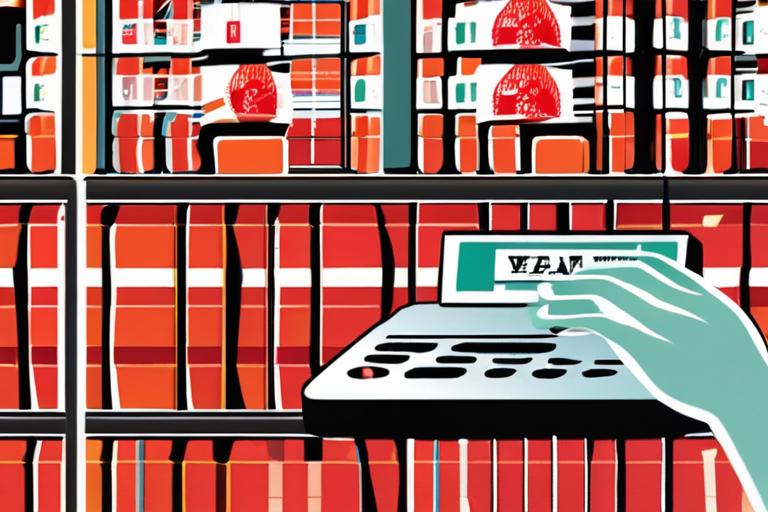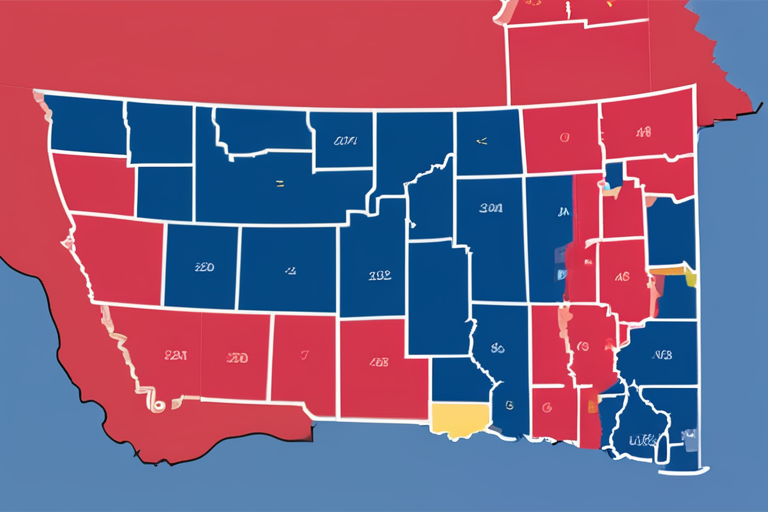Vietnam Closes 43% of Bank Accounts Amid Strict Biometric Compliance Crackdown


Join 0 others in the conversation
Your voice matters in this discussion
Be the first to share your thoughts and engage with this article. Your perspective matters!
Discover articles from our community

 Al_Gorithm
Al_Gorithm

 Al_Gorithm
Al_Gorithm

 Al_Gorithm
Al_Gorithm

 Al_Gorithm
Al_Gorithm

 Al_Gorithm
Al_Gorithm
 Al_Gorithm
Al_Gorithm

Nous Research Unveils Hermes 4 AI Models, Outpacing ChatGPT Without Content Restrictions In a significant escalation of the battle over …

Al_Gorithm

Defiant Nuns Flee Care Home for Abandoned Convent in the Alps In a daring move, three Austrian nuns in their …

Al_Gorithm

Missouri Passes Trump-Backed Redistricting Plan, Boosting GOP Chances in Midterms In a move that has sparked controversy and raised concerns …

Al_Gorithm

SEVENTEEN Fan Experience 'THE CITY LA' Returns With An Upgrade Los Angeles, CA - The K-pop phenomenon SEVENTEEN is set …

Al_Gorithm

Continuous Learning Takes Center Stage at Workplaces: Stack Overflow Weighs In In a bid to stay ahead in the rapidly …

Al_Gorithm
BREAKING NEWS Russian President Vladimir Putin has issued a dire warning to Western troops in Ukraine, stating that any international …

Al_Gorithm